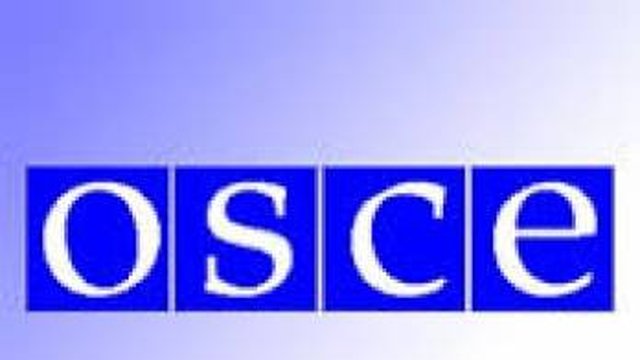OSCE urges Ukrainian MPs to revise text of bill allowing to block websites

OSCE Representative on Freedom of the Media Harlem Desir has raised concerns regarding the draft law "On changes to some legislative acts of Ukraine on countering threats to national security in the information sphere," as it may endanger free access to information online.
"I call on the lawmakers to seriously reconsider the text of the draft law and balance security concerns with the citizens' right to free expression and free media," the OSCE website quoted Desir as saying.
The OSCE notes that the bill, among other things, grants additional powers and competencies to the law enforcement agencies of Ukraine, particularly in the area of blocking access to different kinds of online information services.
"While I share the national security concerns of Ukraine, the draft bill should entail specific and clear measures aimed at protecting the principles of transparency, proportionality and necessity, and avoid the application of overly broad and excessive measures affecting the dissemination of online content in Ukraine," Desir said.
In addition, he noted that the draft law also lacks provisions ensuring effective judicial oversight and due process regarding decisions on blocking of access to services.
The OSCE representative also noted relevant concerns expressed by the civil society organizations of Ukraine regarding the draft law and offered the assistance of his office in providing further legal advice and expert policy recommendations.
As reported, on July 4, the Verkhovna Rada Committee on National Security and Defense recommended that people's deputies pass at first reading the bill (No. 6688) that allows temporarily blocking information resources.
This bill proposes to grant the SBU the right to ensure, by a court decision or in other cases established by law, the blocking of access to a certain information resource using technical means that are installed by operators and telecommunications providers.
Blocking access to information resources will become another type of sanctions. In addition, it is proposed to create a single register of enforcement of judgments and application of sanctions in the telecommunications sector.
According to the bill, the order of blocking information resources will be established by the Cabinet of Ministers of Ukraine.
Telecommunications providers are to be obliged to purchase for their own money and install technical means that will be determined by the administration of the State Service for Special Communications and Information Protection in coordination with the SBU and that are needed to block access to information resources, as well as limit and stop the provision of telecommunications services.
At the same time, the Criminal Code of Ukraine is to be supplemented with a new article, according to which the ground for blocking an information resource or deleting information from it under a court ruling will be the spread through this resource of information "using which serious and especially serious crimes are committed."
On July 5, people's deputies refused to include this bill in the agenda for its consideration at first reading.










